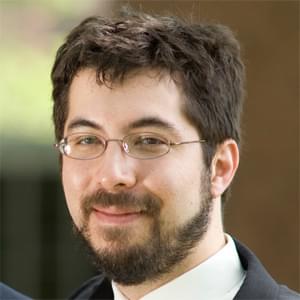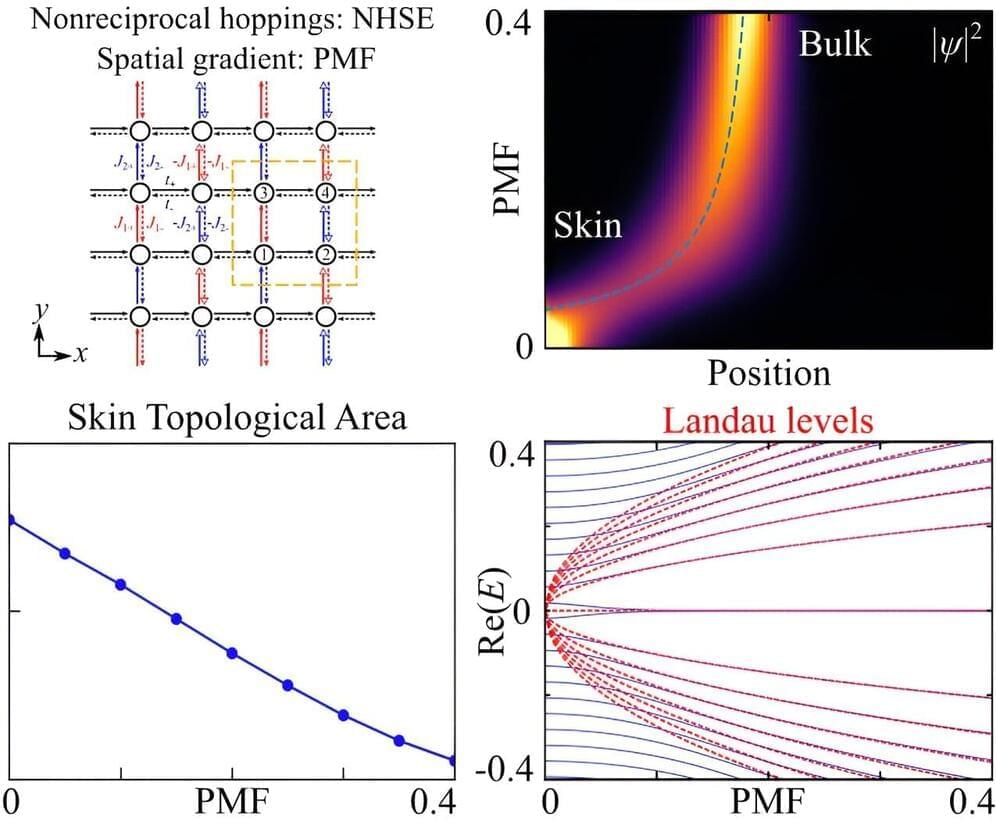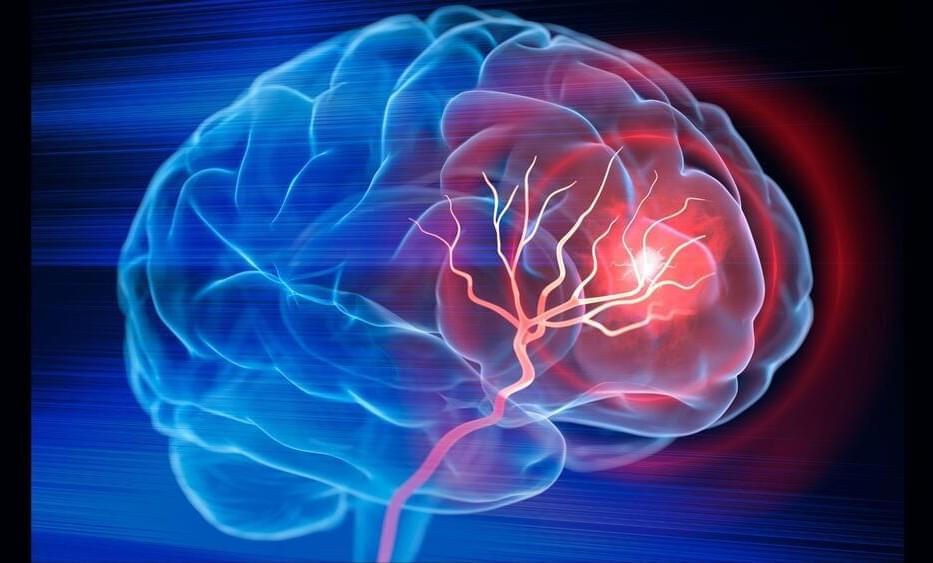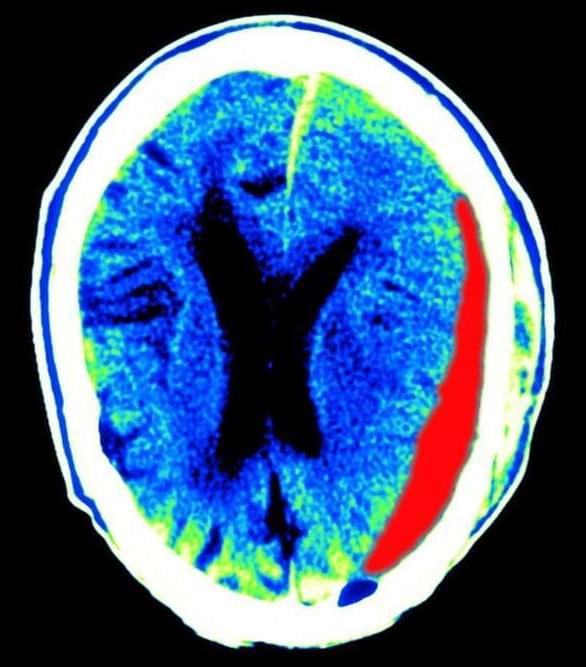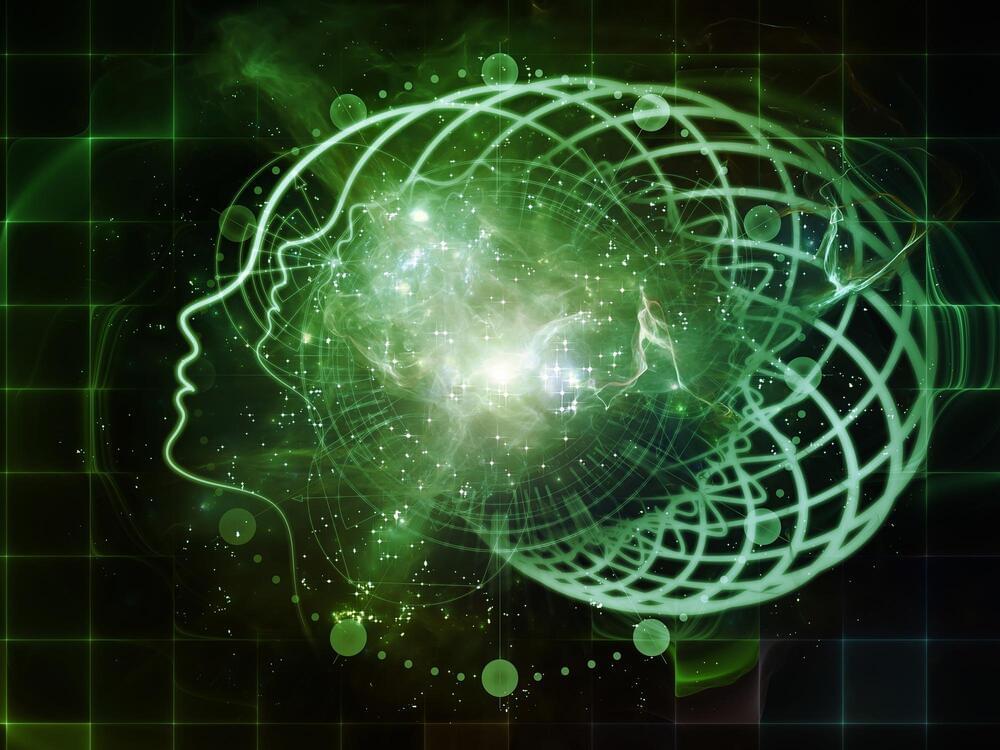When Descartes said “I think therefore I am” he probably didn’t know that he was answering a security question. Using behavioral or physical characteristics to identify people, biometrics, has gotten a big boost in the EU. The Orwellian sounding HUMABIO (Human Monitoring and Authentication using Biodynamic Indicators and Behavioral Analysis) is a well funded research project that seeks to combine sensor technology with the latest in biometrics to find reliable and non-obtrusive ways to identify people quickly. One of their proposed methods: scanning your brain stem. That’s right, in addition to reading your retinas, looking at your finger prints, and monitoring your voice, the security systems of the future may be scanning your brain.
How could they actually read your brain? What kind of patterns would they use to authenticate your identity? Yeah, that haven’t quite figured that out yet. HUMABIO is still definitely in the “pre-commercial” and “proof of concept” phase. They do have a nice ethics manual to read, and they’ve actually written some “stories” that illustrate the uses of their various works in progress, but they haven’t produced a fieldable instrument yet. In fact, this aspect of the STREP (Specific Targeted Research Project) would hardly be remarkable if we didn’t know more about the available technology from other sources.
